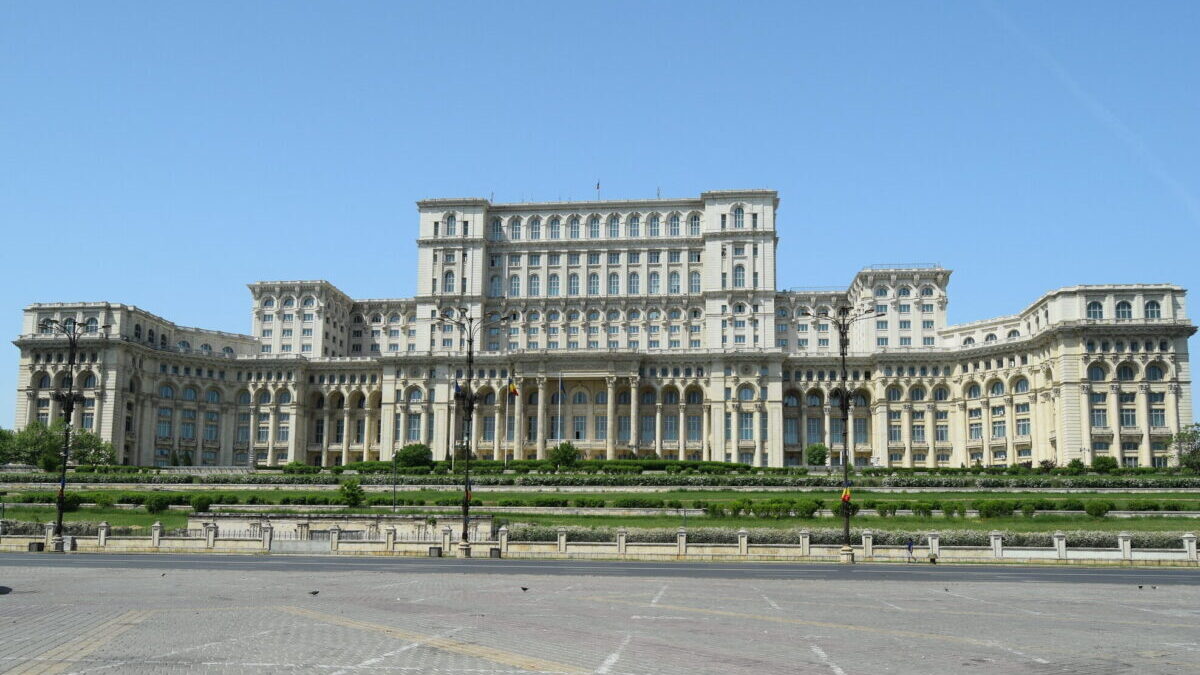One of the more horrific backdrops in George Orwell’s “Nineteen Eighty-Four” is how adults fear children indoctrinated via Hitler Youth-type organizations into denouncing even their mothers and fathers for the slightest deviation from the party line.
For those who think this is the stuff of Cold War fiction, there is the real-life example of Pavel Trofimovich Morozov, a 13-year-old member of the Young Pioneers who turned his father into the government for allegedly “hoarding grain” during Stalin’s state-sponsored famine of the countryside in the early 1930s. The result of the denunciation was his father’s death by firing squad. Morozov was then killed by the surviving members of the family.
But a precedent was established. The regime, erecting statues of Morozov and praising him in poems, encouraged Soviet children to emulate Morozov’s example and even go beyond denouncing one’s parents to all adults in general.
In an era when today’s youth support far leftists like Sen. Bernie Sanders and Rep. Alexandria Ocasio-Cortez, a new book should help correct what happens to even the most basic of relationships when state socialism is in action.
Horrific Romanian Dictatorship
A hyper-paranoid universe where adults fear children as ideologically driven monsters is brilliantly captured in Ruta Sepetys’ new historical fiction novel, “I Must Betray You.” Set in 1991 in the dying days of the Ceausescu regime in Romania — a regime that, along with East Germany, was considered horrific even by Soviet standards — the novel presents a nightmare world of wild dogs attacking starving children, orphans dragooned into abusive state-run orphanages, and scarce food. Meanwhile, the nation’s repressive dictator Nicolae Ceausescu lives in Oriental splendor.
The regime becomes even more repressive as the reforms of Mikhail Gorbachev inadvertently cause anti-communist rebellions in Warsaw Pact nations. As each succeeding communist regime collapses, Ceausescu’s grip becomes tighter.
Into this noxious and desperate atmosphere comes 17-year-old Cristan Florescu, who has managed to create a civil space for himself. He rebels by spiking his hair and reading Western poetry.
But he is soon forced into spying on his friend’s American diplomat family by a hovering secret agent. The paltry evidence of Florescu’s “treason” — a dollar bill found in one of Florescu’s notebooks — is all the more horrifying because it is so desperately mundane. Stalin also engaged in such horrific pettiness when he arrested a Soviet woman for dancing with a traveling American jazz band.
The dollar bill symbolizes the heresy of “Westernization,” one of the many things that activated communist paranoia, in which citizens were imprisoned, tortured, and murdered for being “exposed” to the “corrupting” influences of the West. These victims of communist regimes had seen individual liberty in action.
Historical Details
Sepetys has clearly done her homework. The novel is heavily documented with primary sources. She is skillful in telling the story through secret police memos and Florescu’s poetry, which becomes more and more confrontational as the regime crumbles.
Sepetys is at her best when she shows how this blackmailed teenager, who before the collapse of communism would have been owned by the secret police for life, goes from closet poet to full-throated rebel who, with fellow teenagers, overthrows one of the most repressive regimes in history.
Despite its sophisticated story, Sepetys’ novel is marketed to young adults — and this is sorely needed. Polls conducted by the Victims of Communism Memorial Foundation not only found large numbers of millennials ignorant of the history of communist repression, but willing to vote for a communist (half of Americans between the ages of 16 and 20 said they would vote for a socialist, while 21 percent said they would support a communist). Even more startling, the poll found one-third of millennials believed former President George W. Bush had killed more people than Stalin.
Hopefully, Septys’s novel will show that, once upon a time, teenagers and college-age people saw communism for what it really was and ended it.









